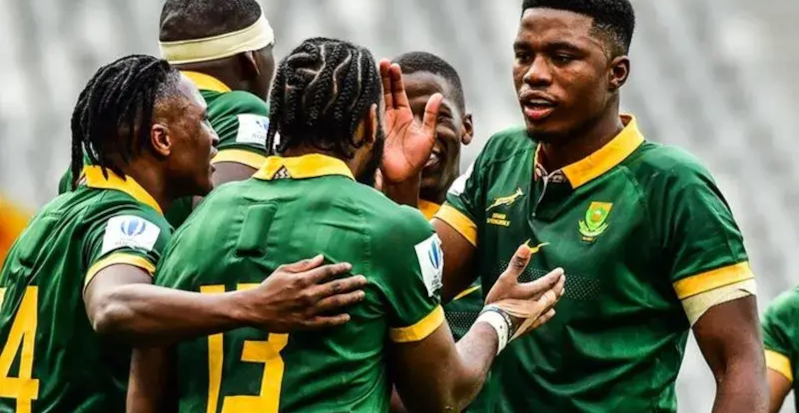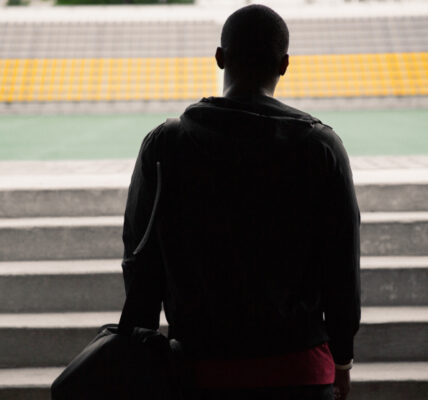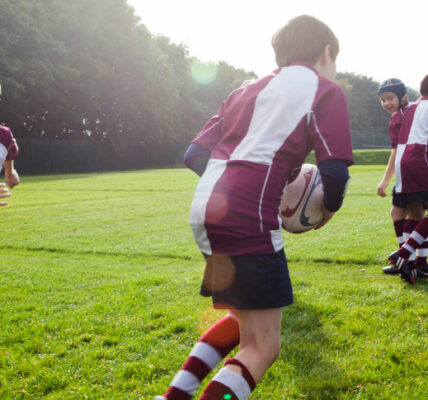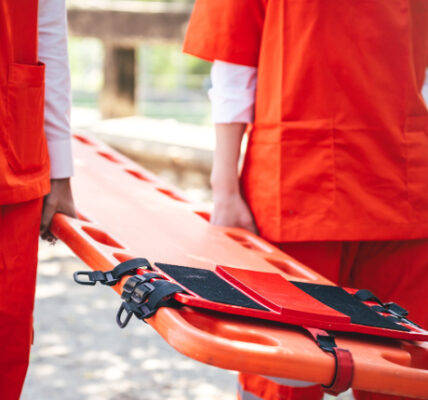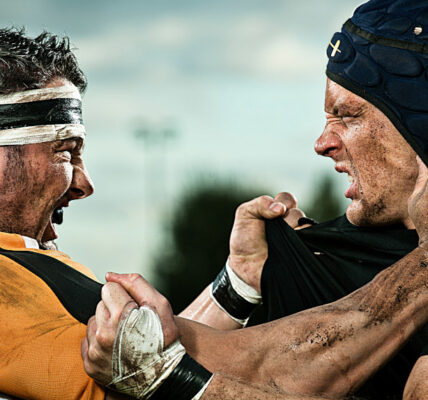As winter casts its quiet spell over South Africa, another kind of energy is stirring,one driven by youthful ambition and national pride. The Junior Springboks have officially finalised their 30-man squad for the 2025 World Rugby U20 Championship, which will take place in Italy from 29 June to 19 July. This announcement signifies more than a tournament selection,it marks a decisive step in South African rugby’s continued journey of renewal, development, and future planning.
Whittling down an initial pool of 37 players was no easy feat. Head coach Kevin Foote was tasked with balancing talent, fitness, and mental preparedness, all under the pressure of national expectation. The process was not just about who had performed well, it was also about character. Foote’s reflections on the difficulty of finalising the squad highlight the depth of quality in the current age-group systems and the integrity demanded at this level of selection.
Experience Meets New Blood
The team is a carefully calibrated blend of experience and youthful energy. Leading the group is Riley Norton, the dependable Western Province lock and returning captain. Alongside him are four returning players, Jaco Grobbelaar, Herman Lubbe, Bathobele Hlekani, and Haashim Pead, who bring a foundation of continuity, insight, and battle-tested leadership to a squad eager to make an impact on the world stage.
Among the newcomers are names already generating buzz in South African rugby circles. Phiwayinkosi “Rambo” Kubheka and fly-half Ian van der Merwe exemplify the promise of the next generation. Kubheka’s physicality and technical edge at prop give the team critical depth in the front row, while van der Merwe’s poise and vision provide a valuable playmaking option. Both are seen as more than future prospects, they are ready to contribute now.
For KwaZulu-Natal, the tournament carries a particularly poignant sense of pride. Several squad members, including Kubheka, Pead, Hlekani, and backline talent Cheswill Jooste, emerged through the province’s robust development pathways. From local schools like Glenwood and Durban High School to the renowned Sharks Academy, KZN’s contribution to the national youth setup remains both deep and dynamic, reinforcing the strength of its grassroots systems.
A Network of Mentorship and Growth
The journey to Italy is not solely built on recent form. It is the product of months of collaboration between schools, unions, and provincial systems that have collectively moulded these athletes. Kevin Foote has been quick to acknowledge the effort across the board, noting how players have grown tactically and emotionally since training began. Camps in Stellenbosch and the squad’s recent tour to Georgia provided key insights into the team’s readiness and adaptability.
While talent is undeniable, physical readiness remains a focal challenge. Former Springbok coach Johan Ackermann, now assisting the Junior Boks, has drawn attention to the conditioning gap between South African players and some of their European counterparts. He points out that while our youth are often technically superior, nations like France and Georgia develop powerful, match-ready athletes at a younger age. This underscores the importance of strength, stamina, and mental toughness in the upcoming campaign.
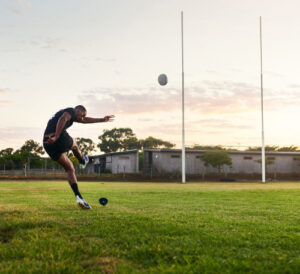 The road to potential glory begins in Calvisano against Australia, a team known for its expansive play and sharp pace. Next, South Africa will head to Rovigo to face England, whose U20 side blends structure and firepower with clinical consistency. The final pool match, back in Calvisano, sees the Boks square off against Scotland, a side with growing confidence and a gritty edge. Each encounter presents its own tactical puzzle, demanding precision, resilience, and composure from South Africa’s young stars.
The road to potential glory begins in Calvisano against Australia, a team known for its expansive play and sharp pace. Next, South Africa will head to Rovigo to face England, whose U20 side blends structure and firepower with clinical consistency. The final pool match, back in Calvisano, sees the Boks square off against Scotland, a side with growing confidence and a gritty edge. Each encounter presents its own tactical puzzle, demanding precision, resilience, and composure from South Africa’s young stars.
Leadership will be instrumental throughout the tournament. Riley Norton provides not only size and strength but a calm authority on the pitch. Together with Grobbelaar and Hlekani, the team’s leadership core will be vital in navigating pressure, sustaining unity, and maintaining focus in high-stakes moments. Their guidance will be especially crucial for the debutants looking to settle quickly on the global stage.
Should the team progress beyond the group stages, they’ll move on to semi-finals in Verona or Viadana on 14 July, with the tournament climaxing in the finals on 19 July. Yet, regardless of the results, the experience itself will have lifelong consequences. For some players, it may be a stepping stone to senior Springbok duty. For others, it will form the emotional and professional cornerstone of their adult rugby careers.
Back home, particularly in KwaZulu-Natal, this squad’s composition offers a powerful message to aspiring young players. It tells them that the journey from school fields in rural and urban districts alike to international platforms is not just a fantasy, it is achievable through commitment and discipline. It is also a moment of immense pride for communities, schools, and coaches who have nurtured these players through their formative years.
National Interest and Family Pride
These matches will resonate deeply across South Africa. From lounges to clubhouses, fans will follow every scrum, try, and tactical decision. Coaches will study each performance. Families will burst with pride, recognising the years of sacrifice, hard work, and perseverance behind each young man’s journey. In KwaZulu-Natal especially, these matches will be watched with passion, the names of their sons and teammates now etched on the world stage.
This Junior Springboks squad represents more than the sum of its parts. It is a manifestation of South Africa’s commitment to building not only players, but well-rounded young men. The squad symbolises what is possible when school systems, unions, and national bodies work in concert. It is a reflection of diversity, unity, and the ongoing story of excellence in South African rugby.
As the countdown to Italy continues, the Junior Boks carry with them the dreams of a rugby-obsessed nation. And for the players hailing from KwaZulu-Natal, this is more than selection, it is a vindication of effort, a beacon for others, and an opportunity to inspire. The world will be watching. South Africa’s next generation stands ready.
